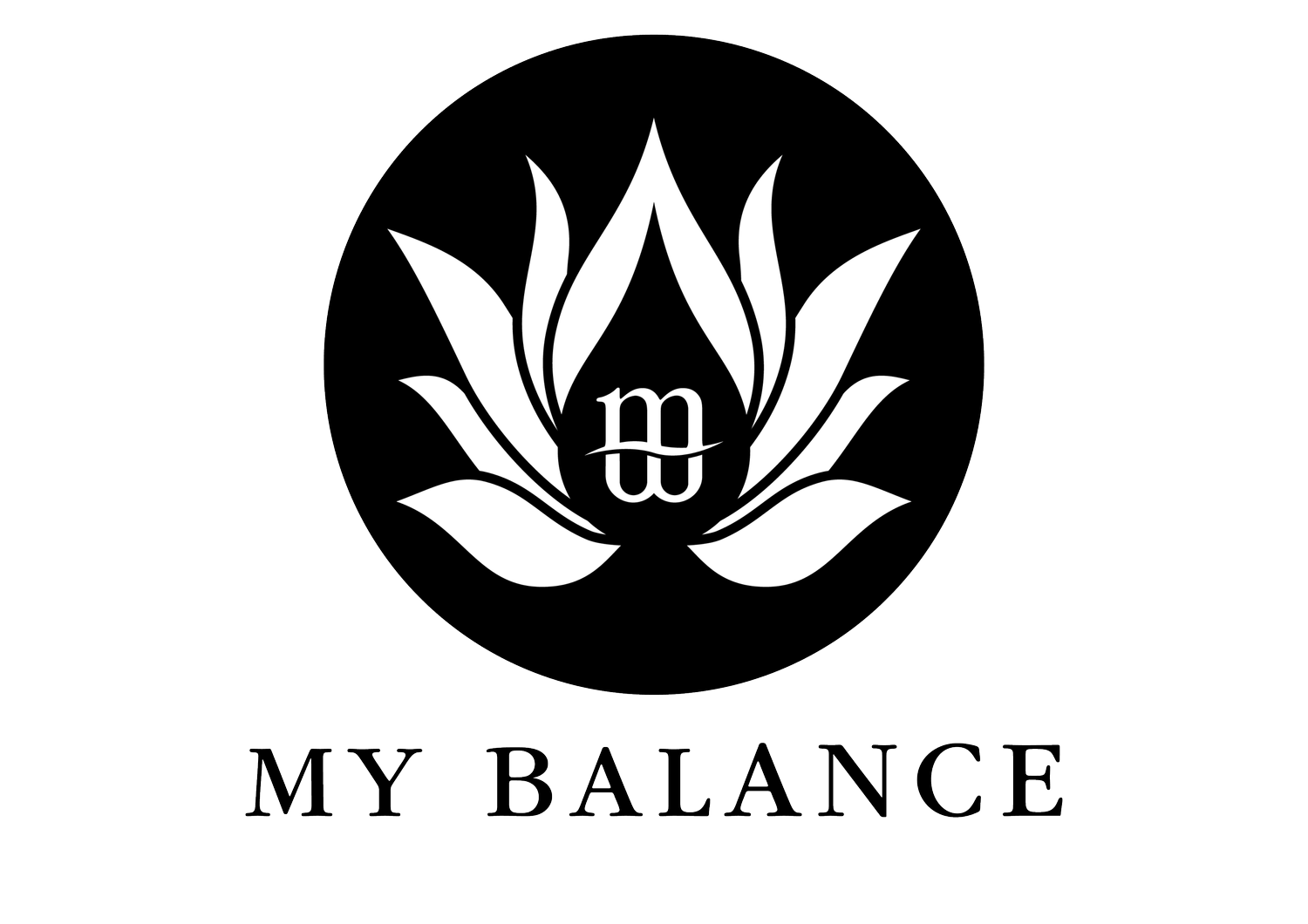Neck pain, fatigue and screen time.
Headaches, Screen time, fatigue
Exams are here and assignments are due. Meaning sitting in front of our screens for long periods of time and in increasing awkward positions. Here are some tips using essential oils help to keep a clear head and other good tools to get you through.
TIP 1 - The 20-20-20 rule.
My first and favourite is the 20-20-20 rule. Every 20 minutes, take a 20-second break and focus your eyes on something at least 20 feet away. Spending so much time looking at screens from, laptops, phones, gaming, television puts a lot of strain on our eyes and causes eye fatigue. Set your phone timer for every 20 minutes, walk outside to stare into the distance or even stare out the window. Just look up and away from the screen every 20 minutes, for 20 secs, looking 20 feet away.
TIP 2 - Have a jump.
You can put Tip 1 together with tip 2 for the rest break every 3rd 20 minute. Making sure that you stand up and walk around. This helps to prevent cramping and encouraging circulation. I used to like having a mini tramp nearby and would do a few bounces. This woke up the brain! Kids of all ages love to bounce!
TIP 3 - Watch your neck.
Neck pain and fatigue is one of the biggest cause of headache. Having your head rotated to the left or right, or extending your neck for long periods of time will cause unnecessary strain. Check your position, is the screen to high or low causing strain by having to hold your head up or down for long periods. Change the height of your screen to have it level with your eyes and directly in front of you. Unless you wear bifocal, trifocal or progressive lenses then the screen should be lower than your eyes so you do not have to tilt your head up to read the screen. There is a general rule of thumb to have your screen at an arms’ length away. This varies from person to person. You do not want to be leaning forward, or having the screen to close. Experiment with this for you.
TIP 4 - Posture.
This does not mean sitting ramrod straight in a chair or using specialised equipment. It means having good back support whether you are reclining in bed or a couch. Having to maintain an upright position can also cause fatigue through engaging in muscles to do so. Check the height of your keyboard allowing 90 degree flex of elbows when using your keyboard and that you are not activating your trapeze. When on the couch or in bed use pillows to support your head all the way down your spine to your lower back. Glare from overhead lights or sun can cause eye discomfort so you do not want to much light. Play with the brightness of your screen to what is comfortable for you.
TIP 5 - Essential Oils
There are a few essential oils that will help to keep you alert and able to absorb information for longer without relying on the caffeine. The top 3 are Rosemary, Basil and Peppermint. Basil is very clearing for the mind as well as being a relaxant to help with any anxiety around deadlines. Peppermint has an analgesic quality that will soothe tension headaches, clinical trials show that peppermint oil reduces fatigue and improves mood. Rosemary is the memory herb, a known central nervous system stimulant a restorative for nervous tension. You can make up a blend to place in your diffuser. Or you could simply have one handy to inhale when you feel you need to be uplifted. Place 3 drops onto a tissue and tuck into your shirt. The warmth of your body will release the aromas and therapeutic benefits. They also also blend well together, you could use a citrus oil as a fixer such as mandarin.






